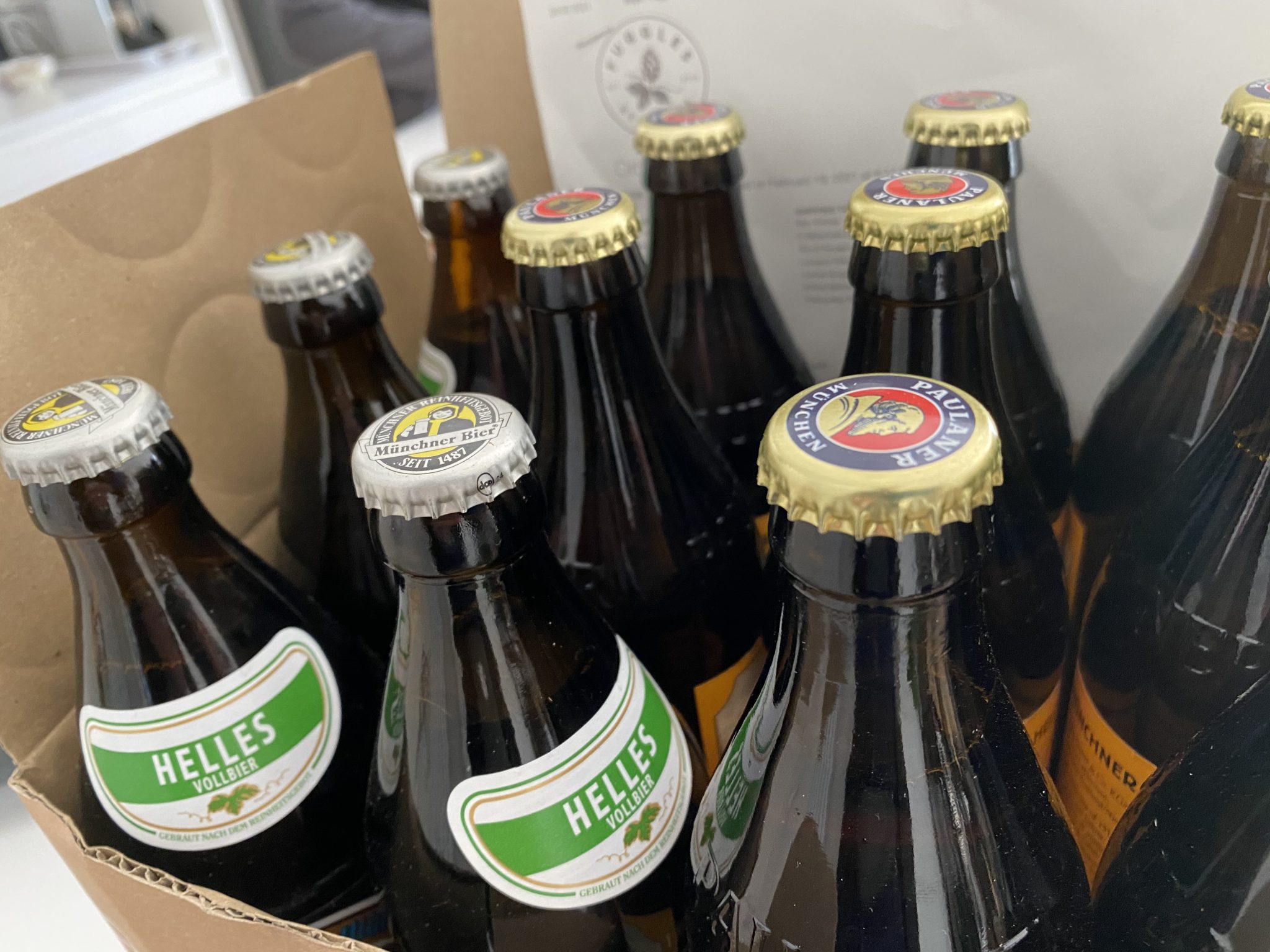Legislation around Scotland’s deposit return scheme (DRS) needs to be amended to allow small businesses to prepare properly, according to a group of trade associations in the country.
Scotland’s thousands of small producers lack the financial resources and capacity to meet the current deadlines for the deposit return scheme, argue the Scottish Wholesale Association (SWA), the Society of Independent Brewers, the Wine and Spirit Trade Association, the Scotch Whisky Association, and Scotland Food & Drink.
Those trade associations warn that without urgent changes by the Scottish government to give small producers a legal grace period, where small producers can opt into the scheme, many products will no longer be available in Scotland from 16 August – when the DRS is set to launch – and prices will substantially increase.
The message came in an open letter to the minister for green skills, circular economy & biodiversity, Lorna Slater, and highlighted what the trade groups called a lack of clarity on how the scheme will work and the action small producers need to take.
They suggested the government’s own ‘Gateway Review’ in 2022 found that producers needed 12 to 24 months to prepare once “meaningful decisions” have been reached, but the groups argued that these are still not known with only a few weeks left to register with the scheme administrator ahead of the legal deadline on 28 February.
Scotland’s deposit return scheme, which will be the first in the UK and is set to run separately to those planned for England, Wales, and Northern Ireland from 2024, needs an 18-month grace period in the regulations to help small businesses, according to the letter.
The minister recently agreed to reopen the regulations, which the trade bodies said provides a window of opportunity to agree and formalise the legal support small businesses need while ensuring the scheme is launched on time and with the vast majority of containers included.
In December, Slater said the regulator – the Scottish Environmental Protection Agency (Sepa) – will accept a “proactive and managed approach towards compliance”, but the letter published this week argues that without a legal footing this will create further uncertainty for small producers.
The letter states that “without a standardised, agreed and legal basis set out in regulations, there will be additional confusion in an already impossible situation. It will be very difficult for Sepa to agree different timetables for each of the thousands of small producers impacted by the scheme”.
In a joint statement, the trade associations said: “There are now only a few weeks left to save thousands of small producers that will be banned from selling bottles and cans in Scotland from August.
“They lack the finances and resources to meet the scheme’s requirements on time and need an 18-month legal grace period in the regulations and the option to opt in.”
It added: “Without this certainty it’s likely that consumers will lose out through reduced consumer choice and increased prices.”
SWA CEO Colin Smith commented: “A grace period will allow them to overcome the significant challenges they still face in trying to get ready to go live with DRS because there remain fundamental unanswered questions on key issues such as VAT, price-marked packs, IT system requirements, and what happens to stock in bonded warehouses.
“In addition, our request for a de-minimis on SKUs below a 50,000 unit per annum threshold would protect the availability and choice of a wide range of unique or limited low-volume SKUs that many wholesalers and their customers stock. This differentiates their offering versus their competitors.”
Read more about Scotland’s deposit return scheme
[Image credit: Green Retail World]






